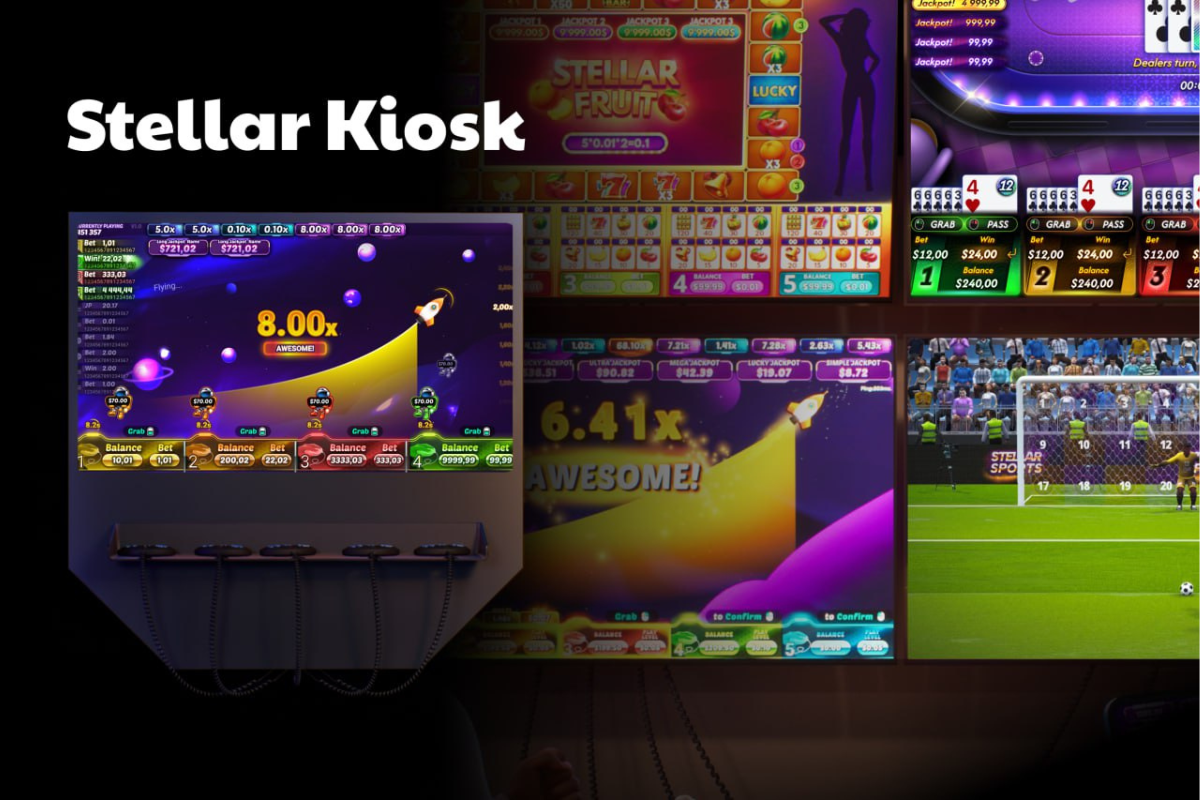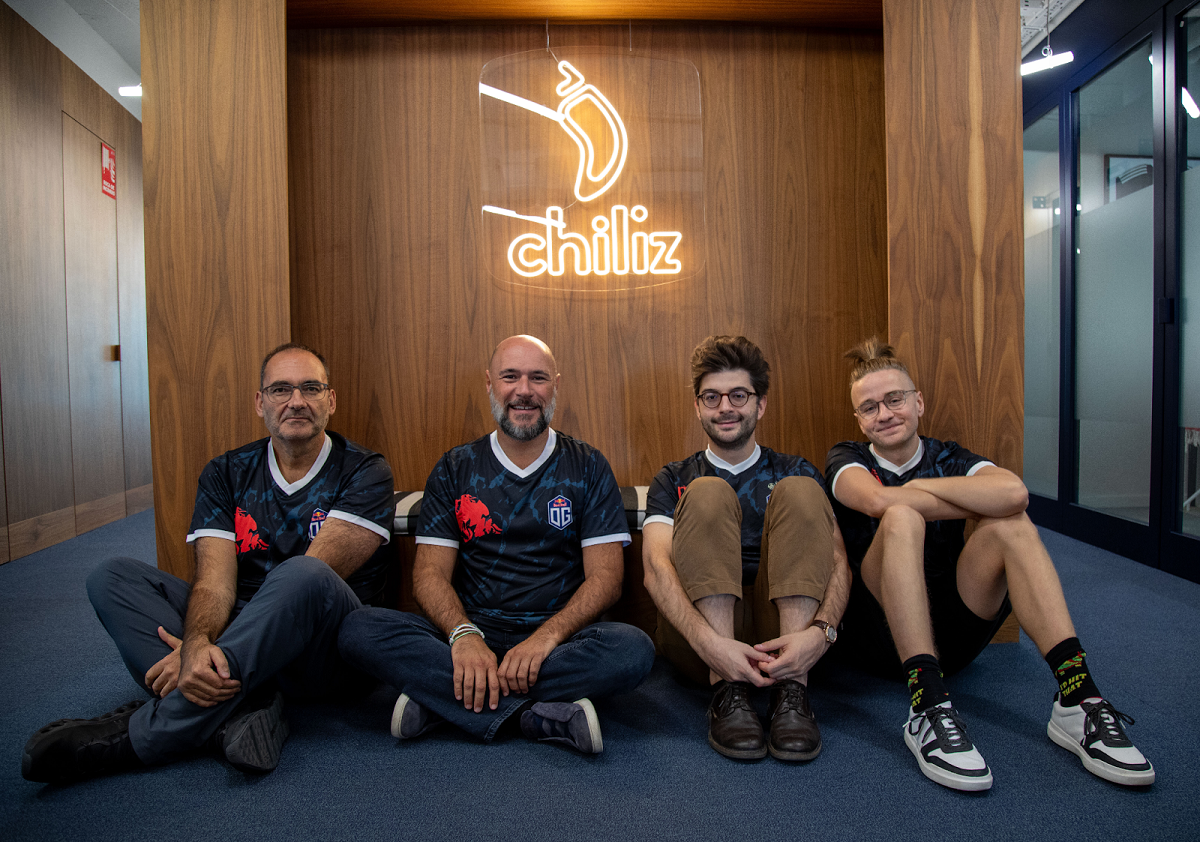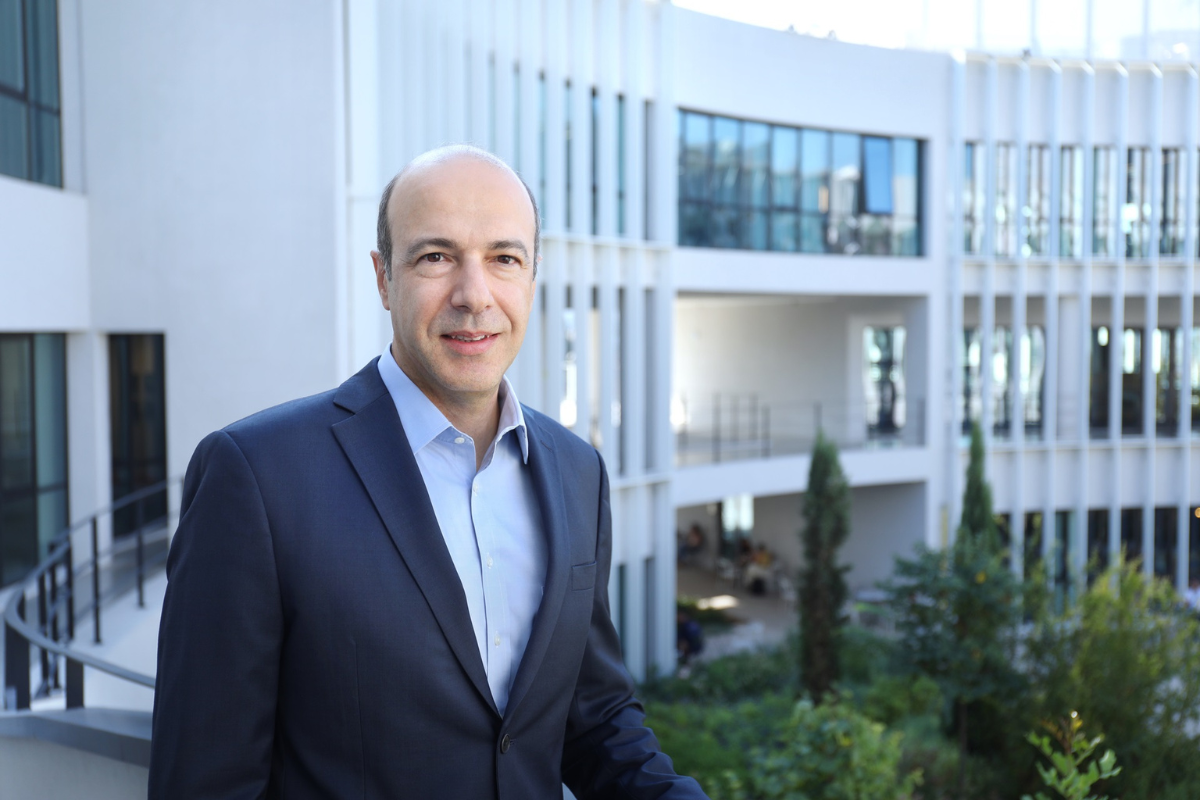Latest News
Norway’s Gambling Monopoly System Safest for Players, Norwegian Gaming Authority Head Says

Norway decided to retain the long-standing gambling monopoly model as it considered it was the one that would provide the safest environment for local players, Atle Hamar, Director General of the Norwegian Gaming Authority (Lotteri- og stiftelsestilsynet) said during the International Association of Gaming Regulators (IAGR) conference in Johannesburg, South Africa.
The important event was opened on October 16, gathering together representatives of the gambling regulators of a number of regulated jurisdictions to discuss the current state and the future of the global gambling industry.
The Norwegian Gaming Authority’s head further said during this year’s edition of the IAGR’s annual conference that they are committed to protecting Norway’s regulated market against gray market operations.
It is important to note that gambling services in the Scandinavian country are currently provided by two state-run entities – Norsk Rikstoto, which is responsible for the nation’s horse racing industry, and Norsk Tipping, which runs different other non-horse racing gambling operations.
While international operators are not licensed and authorized to operate in the country, the local market, just as other Scandinavian markets, has long been particularly luring to a number of online gaming and betting brands.
The potential regulation of international remote gambling operations was previously discussed by Norwegian lawmakers, but it became known late last year that the country would keep its monopoly system.
Norway’s Decision to Keep the Status Quo
Last December, Norway’s Minister of Culture presented a white paper on the state of the country’s gambling industry. According to the report’s findings, there was no need for re-regulation of the local market and that the existing monopoly system had proved to be the most efficient one and that it should be maintained.
Norway is not the only Scandinavian country where regulated gambling services are provided by state-run organizations. Sweden and Finland have been maintaining a similar model for quite some time now. Denmark, on the other hand, regulated its market in 2012 in a manner that opened it for interested international operators. Facing growing pressure from the European Union, Sweden and Finland have also considered scrapping the monopoly model, but it is yet to be seen whether they will eventually part with the long-standing status quo.
Earlier this year, Swedish officials released the results from a probe into the country’s gambling industry. The report recommended the introduction of a licensing system that would allow international operators to operate in a regulated environment. It is believed that Sweden will prepare and enact the necessary legislation by early 2019. Sweden’s gray market has been growing exponentially in recent years and it is believed that it was that trend that triggered the eventual implementation of a new regulatory framework.
Unlike its Scandinavian neighbors, Norway is not part of the European Union, which means that lawmakers will not be facing outside pressure to nix the monopoly system and that it is only up to them to decide when and if it should be nixed.
-

 Asia5 days ago
Asia5 days agoDigital gaming disruption tackled in 1st AsPac Regulators’ Forum
-
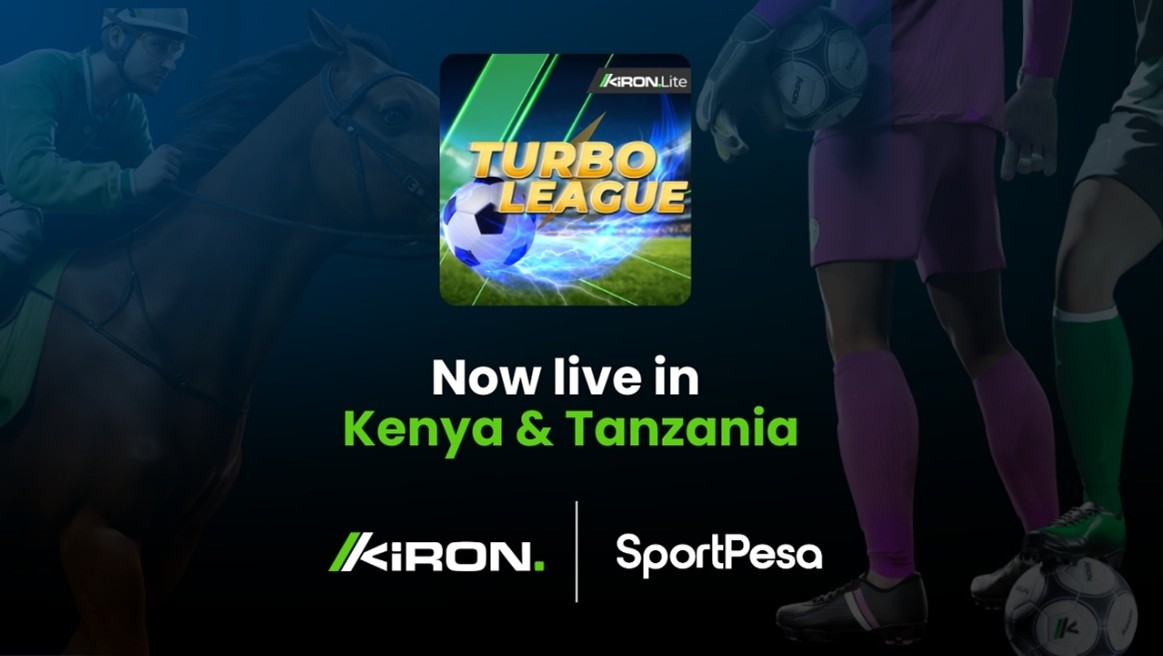
 Africa7 days ago
Africa7 days agoKiron announces the launch of its new virtual football title, Turbo League, with SportPesa in Kenya and Tanzania
-
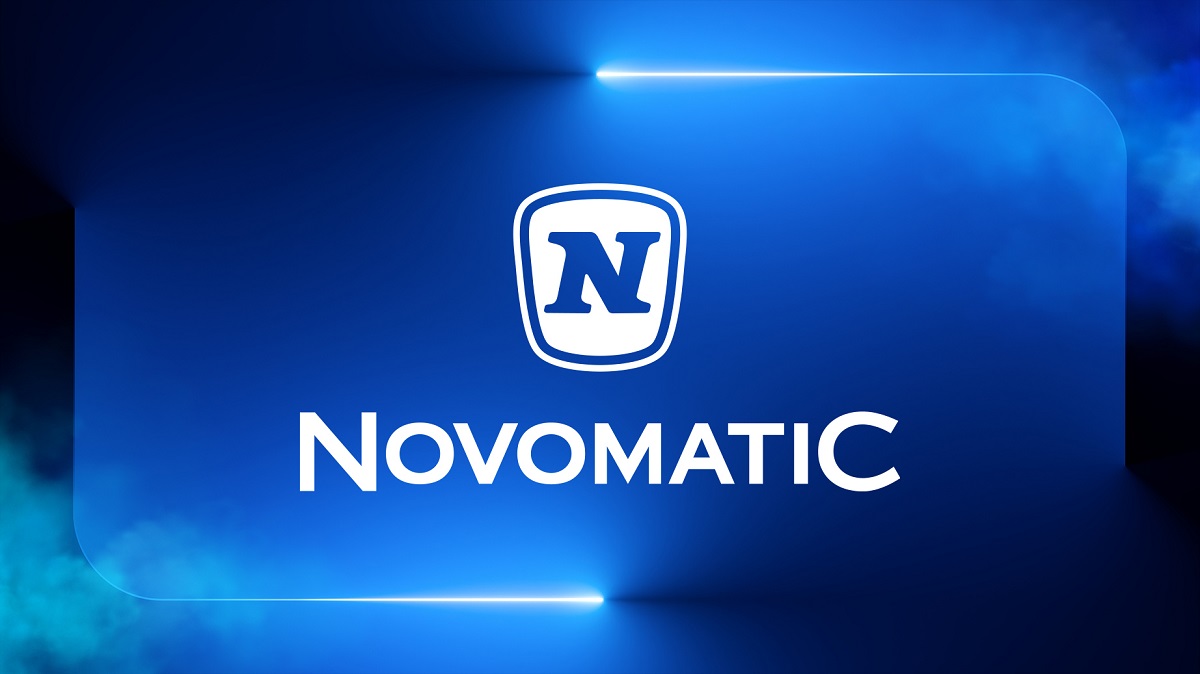
 Aquisitions/Mergers7 days ago
Aquisitions/Mergers7 days agoNOVOMATIC successfully completes sale of ADMIRAL Austria to Tipico and focuses on international growth markets
-
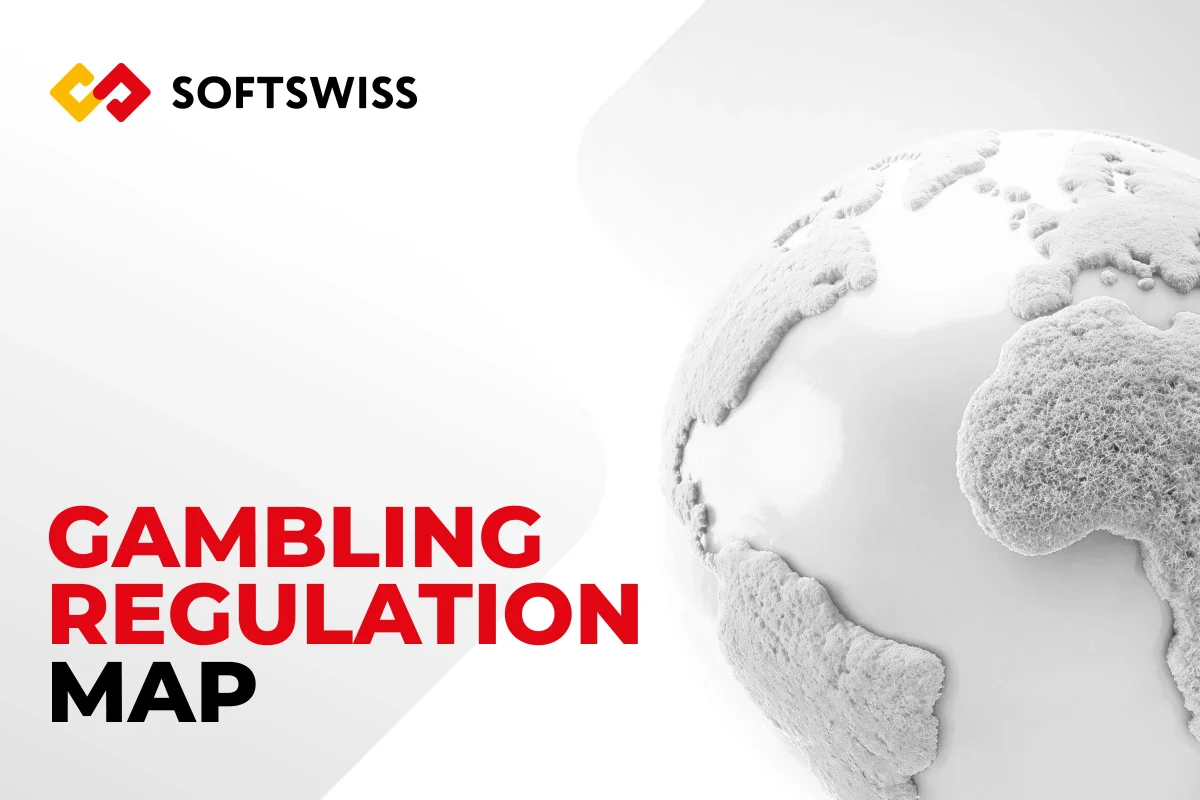
 Compliance Updates6 days ago
Compliance Updates6 days agoSOFTSWISS Releases Gambling Regulation Directory for iGaming Operators
-
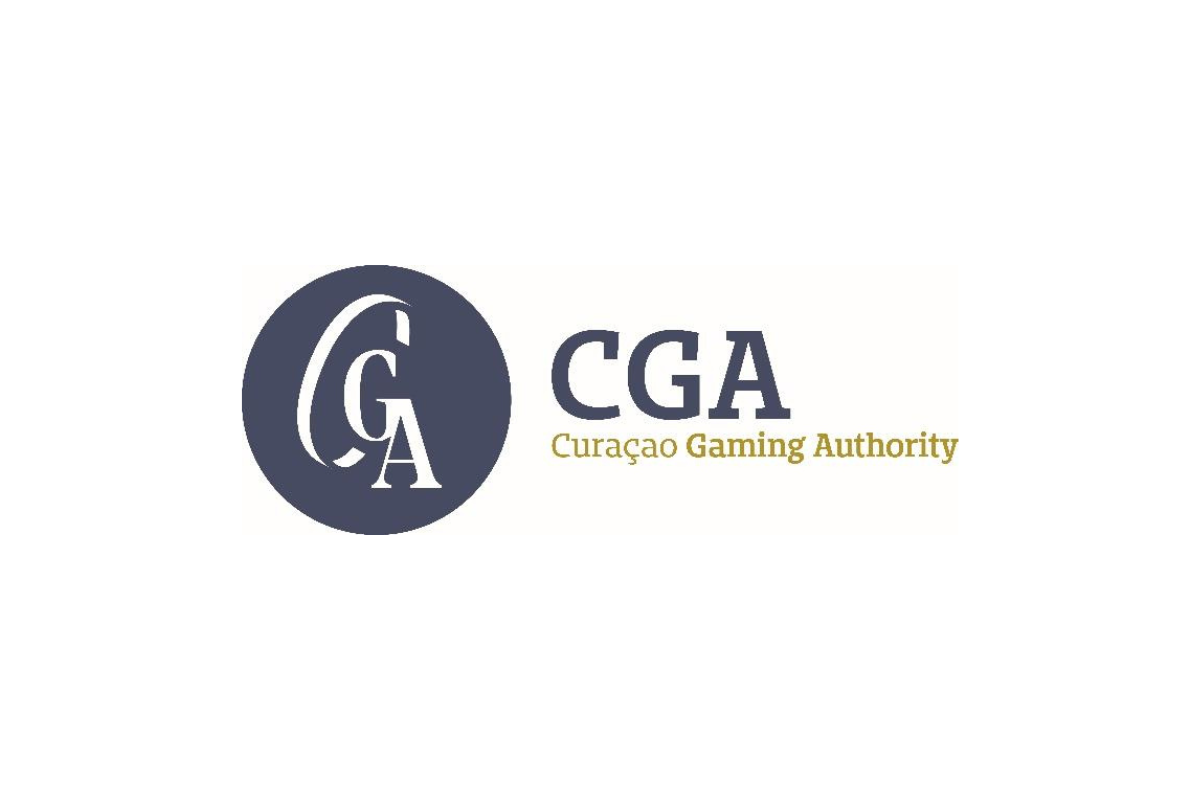
 Compliance Updates6 days ago
Compliance Updates6 days agoAlternative Dispute Resolution (ADR) Role and Certification
-
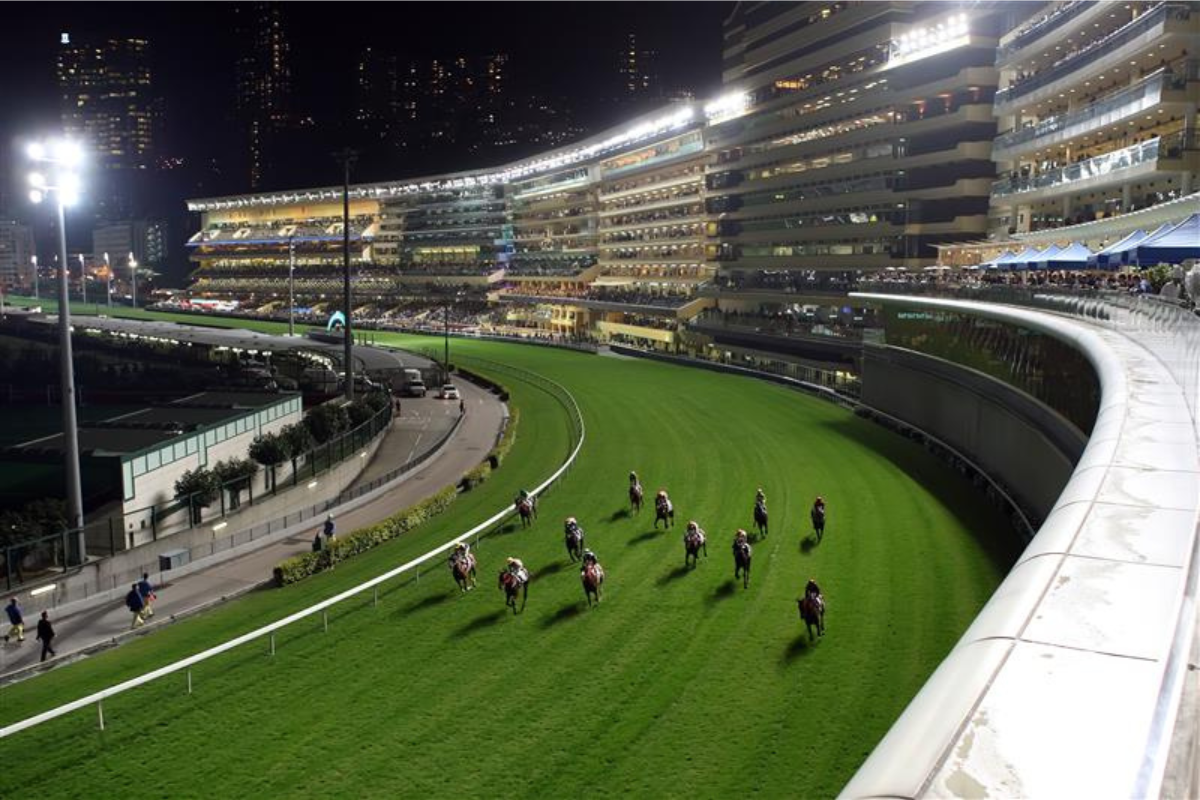
 Asia6 days ago
Asia6 days agoiRace Media extends partnership with The Hong Kong Jockey Club in Asia
-

 Central Europe6 days ago
Central Europe6 days agoSYNOT Games Delivers Bespoke Games Exclusively for SazkaHry.sk in the Slovak Market
-
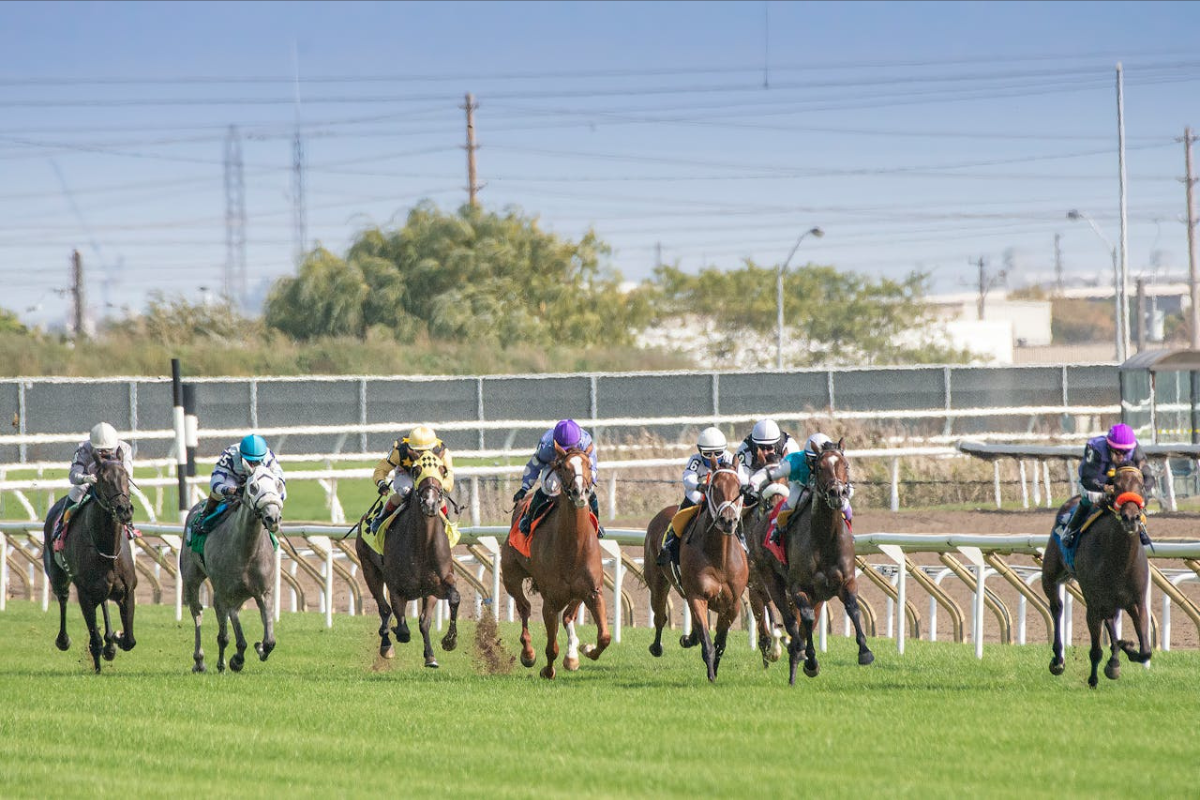
 Latest News6 days ago
Latest News6 days agoIs Horse Racing Betting Still Popular In Europe?









